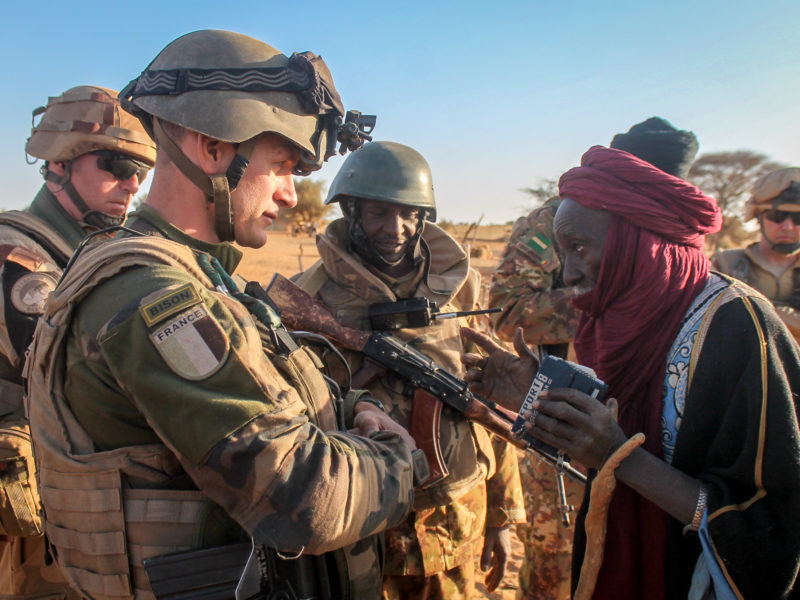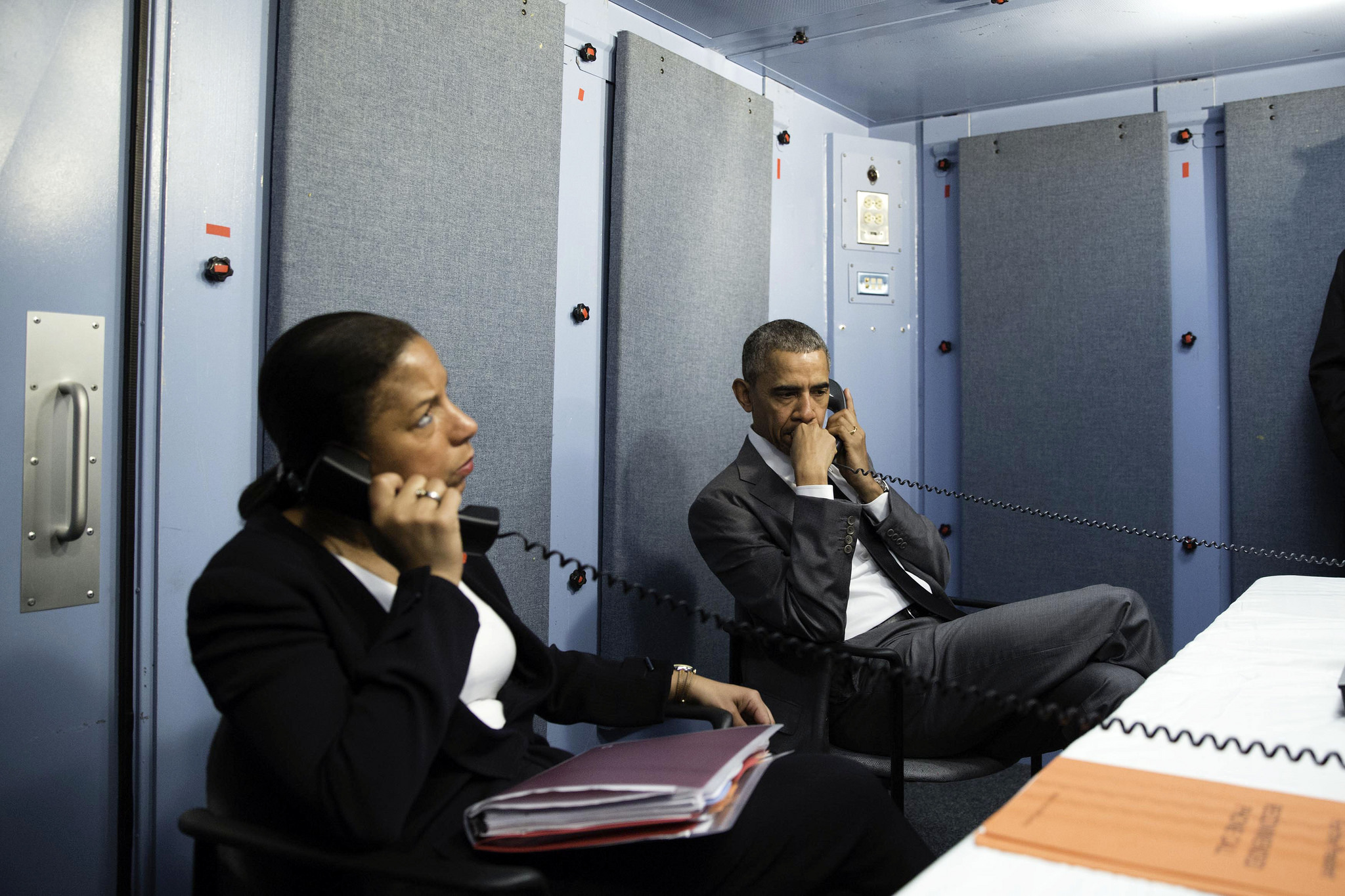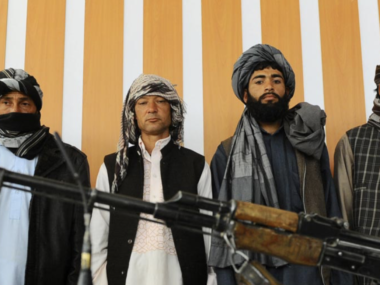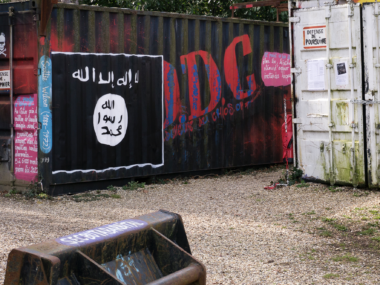Guest post by Silvia D’Amato
Two weeks ago, the Malian military junta, in power after a coup in May 2021, proposed to hold elections in December 2025 instead of this month as promised. The move was widely condemned. West Africa’s main regional bloc, the Economic Community of West African States (ECOWAS), immediately imposed new sanctions while the French Minister of Defense Florence Parly floated the possibility of reviewing the French and European military engagement in the country. The French Minister of Foreign Affairs Jean-Yves Le Drian openly called the junta “illegitimate”. In response, on January 31 Malian authorities gave 72 hours to the French Ambassador in Bamako to leave the country, an unprecedented diplomatic decision. The European Union (EU) also took a firm stance by imposing targeted sanctions against 5 members of the junta, including Prime Minister Choguel Maïga.
The current querelle is arguably only the latest in an ongoing dynamic of political fragmentation in the cooperation between European and regional actors in the Sahel.
European and international forces have been active in the Sahel since 2013, when Tuareg rebels, organized within the National Movement for the Liberation of Azawad, proclaimed independence in northern Mali in April 2012. The declaration, quickly exploited by “jihadist” forces, initiated a political and military crisis with important implications for the stability of the whole Sahel region.
But international engagement is now waning. Why?
Militarily, despite some concrete successes, the fight against jihadism in the region is not as successful as initially expected. On the contrary: jihadist groups have never been more active and rooted than they are today. The intense militarization of the Sahel and the lack of concrete alternatives to a military approach to security issues have probably intensified the polarization and mobilization of armed groups. After a series of splitting, re-grouping, and re-branding, there are today two main jihadist coalitions operating across Sahelian countries: the Jama’at Nasr al-Islam wal Muslimin (JNIM), al-Qaeda affiliate based in Mali that also operates in Burkina Faso and Niger, and the Islamic State in the Greater Sahara (ISGS), which mostly operates in the Tillabéry area and the so-called Three-Border Region joining Burkina Faso, Mali, and Niger. Other than these two umbrella groups, the Islamic State’s West Africa Province (ISWAP), a splinter of Boko Haram, is also increasing its influence and power around the Chad Lake area.
The international front built to respond to increasing terrorist activity evolved into what has been defined as a form of counter-insurgency governance—a system of different international engagements reshaping the way politics and security are managed—that reveals the limitations of a multilateral effort that still does not offer any sustainable solutions nor a coherent agenda for the peaceful resolutions of the various conflicts. Indeed, European cooperation in the Sahel has not succeeded in stopping terrorism and may actually embolden jihadist groups.
As I show in a recent article, in the last decade France managed to engage its EU partners to effectively share the high socio-political and economic costs of the intervention, but the counterterrorism patchwork of European cooperation is now showing its loose ends. And the Malian authorities appear quite effective in putting pressure on France via its European partners.
France itself began withdrawing troops from northern Mali in October 2021, and other European allies are re-evaluating their engagement, leaving a vacuum for other international actors to fill, specifically Russia. Despite denial from Malian authorities, a Russian private military company called the Wagner Group has been deployed in Timbuktu, which has raised international concern and suggests a new phase of confrontation between the Malian military junta and France and its allies. Estonia threatened to pull its troops out of the French-led Operation Barkane and Sweden officialized in January 2022 the decision to withdraw from the latest French-led military initiative Takuba. Just a few days ago, Denmark was explicitly asked to withdraw its 95 peacekeepers from the country by the military junta in light of an alleged legal issue. Specifically, the military junta says, the military collaboration—and presence—of other European countries was agreed and negotiated by former President Keïta multilaterally, with France functioning as gatekeeper. The junta, instead, wants now to negotiate bilaterally but no military agreement currently exists between Mali and Denmark, hence the request to leave. Similar dynamics are at play with Germany, who participates in the UN-led MINUSMA operation. Malian authorities have now requested 36 hours’ notice for any drone or helicopter use by German forces, in effect nullifying the operative advantage of these technologies. These complications are likely to impact Germany’s discussion of its engagement in the Sahel as the national review of the military deployment in the area is planned for the upcoming May.
Is this the beginning of the international disengagement in the Sahel? The activities of France and its European allies have definitely lost legitimacy in the eyes of many Malian and Sahelian citizens, and the support of their key regional partner, Mali. Institutions across the Sahel remain fragile and lack legitimacy, and continue to be the driving factors of instability and insecurity in the area. In the last 18 months alone, there have been six coups across Mali, Burkina Faso, Guinea, Chad, and Sudan.
Yet, it is still hard to imagine France or the EU and its members leaving the Sahel completely, especially considering the complex ecosystem of military and political initiatives they have built in the last decade. The Sahel is likely to remain at the center of European security and socio-political interests and preoccupations. However, the current tensions and awareness of the overall military shortfall are forcing the international community and European countries to re-evaluate their role. A gradual shift in how Europe engages is likely, as European countries look to find a balance between an increasingly difficult situation and the promises and investments made so far. The Afghan experience is probably what the Europeans are trying to avoid.
Silvia D’Amato is an Assistant Professor at the Institute of Security and Global Affairs, Leiden University.






